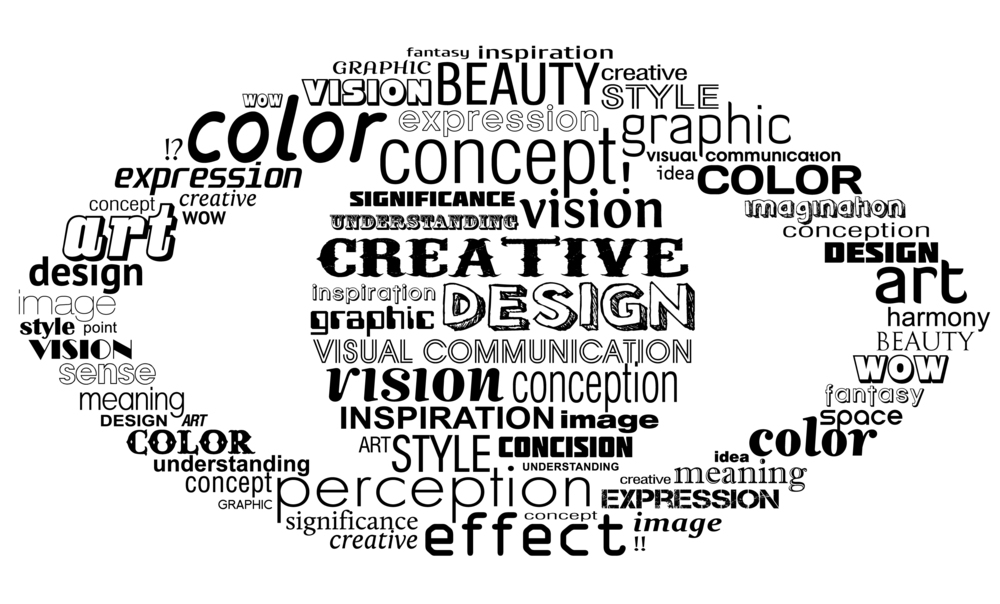Definitions should pin an object down, put a finis around it.
Here Wittgenstein interjects to remind us of the problems of definitions - family resemblance instead?
Definitions should pin an object down, put a finis around it.
Here Wittgenstein interjects to remind us of the problems of definitions - family resemblance instead?
Marshall McLuhan saw in this moment comics’ participatory power—the reader is forced to interact with the comic more consciously than with a traditional text.
Ping! This is probably why I understand more from the comic books about philosophy when I am looking at a new subject.
visual and verbal modes have become inextricable
interesting
Meaning is created through connections.
Multiplicities of meanings
I stress these differences not to disparage Sousanis’s book, which is innovative, fascinating, and much more of a “pure” comic than my own.
Similar, yet different, metaphors
In his recent comic monograph Unflattening, Nick Sousanis employs the metaphor of parallax vision to discuss the relationship between image and text in comics (31)
I wondered if Sousanis would be referenced
lifeline for those uncomfortably adrift.
Lifelines, scaffolding - are there more positive metaphors to describe this method?
Of course, this can leave readers with the feeling of being thrown in the deep end (or even the ocean, to continue Deleuze's example).
What would it be like if we taught like this?
After a bit of testing, I realized that what readers wanted wasn't more organization, but more of a feeling of organization. This difference is subtle but important.
Very important
Based on comments from my reviewers, it was clear that the initial draft of this book felt disorganized. In my own mind it was actually a little too organized (especially for something with rhiz- in the title)
I think that things can be organised but complex - maybe organised is the wrong word, but I often think of fractals when I think of rhizomes. My contrast is with things that are messy - like a child eating spaghetti.
But I do agree about not imposing one order on a rhizome, and allowing for other tracings.
Even the ultimate antidogmatic image, the rhizome, can become dogmatic.
Yes.
“Perhaps we must say that all progress is made by and in striated space, but all becoming occurs in smooth space.” (Deleuze and Guattari, A Thousand Plateaus 486)
I want to remember this
We assess only those features that we really don’t care about: mechanics, structure, how much it looks like the platonic ideal of an essay in my head.
Exactly
the teacher will be hard-pressed to form rigid evaluative guidelines for assignments that experiment, whose very goal it is to break out of academic prose.
Yes. This is the problem with assessment - often we assess what is measurable, codifiable, rather than assessing the learning itself.
we sanitize them and make them just more academic discourse.*
Do we? What when we use punk in order to articulate our disgust at the social order? What when we use punk as part of a call for direct action? It might begin in a classroom, but imo it can be way more than "just" academic discource.
Choosing a medium is a rhetorical decision, and one Shipka advises her students to make carefully.
This has huge implications for educators. How is the message altered when it is delivered via a VLE, via social media ... etc.?
While many are content to see multimodal composition as a new phenomenon, Shipka exposes its secret history, with motivations and questions lurking in Quintilian and a robust literature arising in the 1970s and 80s coming out of calls for more expressive writing.
Well, yes - of course this is not a new thing. Illustrated texts are multi modal aren't they?
Yancey reminds us that the move toward new media in composition does not mean a move away from the written word. Digital and print overlap. They depend on each other and remediate each other.

Text may call to mind words only, but I am indicating the woven nature of this thing, distinct modes overlapping in a unique composition but also the various other texts (discursive and nondiscursive) to which this thing responds.
I appreciate this ...
Neil Gaiman
Still one of my favorite writers ... https://www.youtube.com/watch?v=ikAb-NYkseI